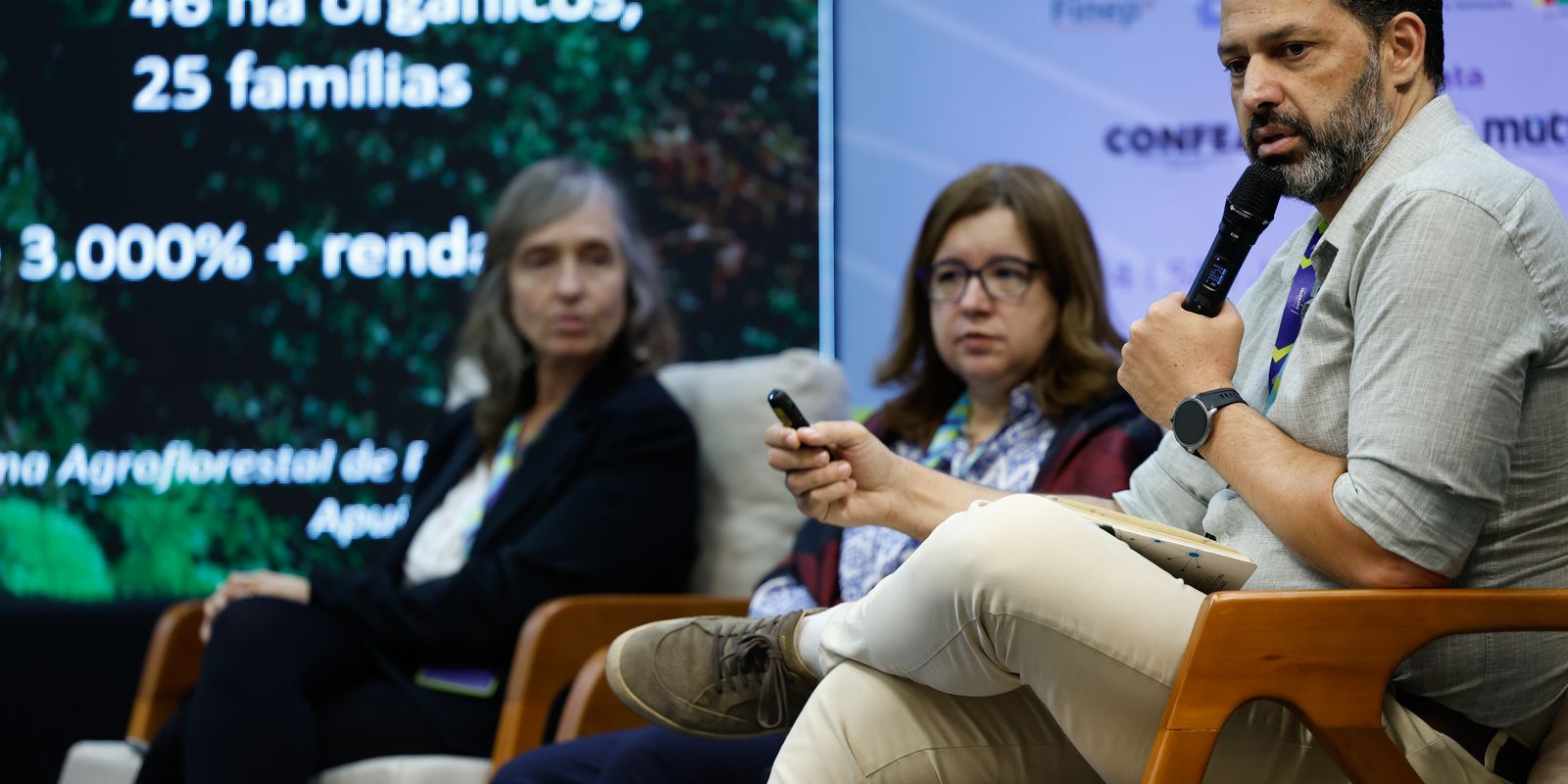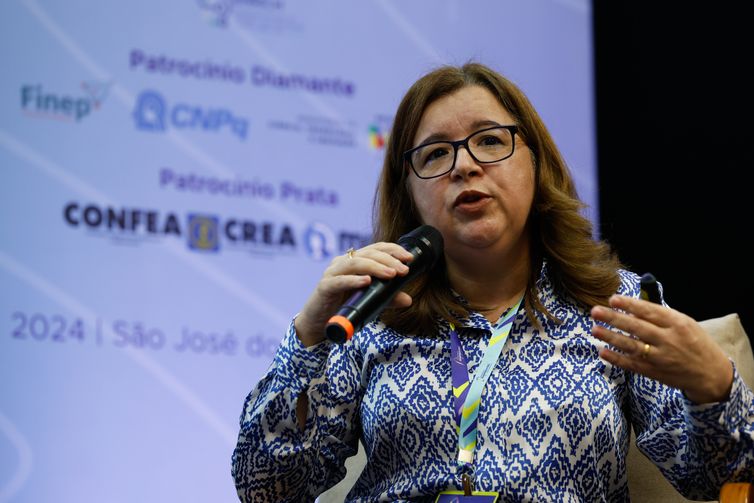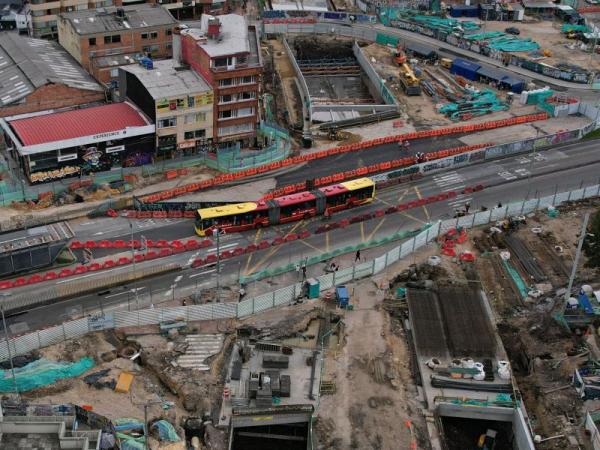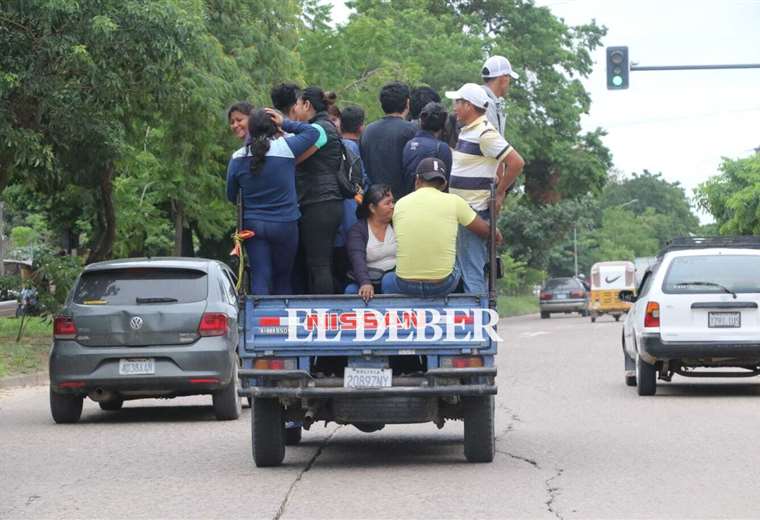Promoting innovative technologies that add value to Amazon products in the region itself is an important strategy for generating wealth from the forest and, therefore, guaranteeing its preservation. This statement was made by forestry engineer Carlos Gabriel Koury, director of Innovation in Bioeconomy at the Amazonas Institute for Conservation and Sustainable Development (Idesam).
“Ninety percent of the added value of açaí is done outside the Amazon, so we only have the commodity and with the problems”, he stated.
In relation to Brazil nuts, for example, Brazil is the world leader in production volume, but in terms of revenue, the country represents only 5.71% of the global revenue of the economy that revolves around this seed.
“We have to make a commitment to put science and technology to be the element of rescuing the prominence we already had [com esse produto]”, stated Koury. “We lost the rubber economy due to lack of science and technology”.
In a seminar on the positive impact that innovative companies can have in relation to society and sustainability, during the 34th Conference of the National Association of Entities Promoting Innovative Enterprises (Anprotec), the forestry engineer said that, to guarantee the conservation of the forest, it is I need to value local knowledge.
For Koury, it is important to strengthen ecosystems in which technologies fuel community-based and knowledge-based businesses. “It is necessary to have this ecosystem of services and solutions generating inclusion and adding value in the Amazon.”
Examples of a community base that adds value to the product, without contributing to the destruction of the forest, are the sister companies Café Apuí and Amazônia Agroflorestal. While the first grows coffee through the organic and agroforestry production process, the second buys the production to process and package the product, leaving it ready for sale to the end consumer.
More than 100 families work as partners in the Café Apuí project. “Locally, this generates 3,000% more income for actors [em relação à plantação tradicional e venda do produto in natura]”.
Innovation and impact
At the same seminar, the director of Innovation at the Ministry of Science, Technology and Innovation, Sheila Pires, said that innovative companies need to have a purpose that is not just the success of the enterprise.
For her, these companies and innovation environments need to adopt the positive socio-environmental impact agenda. “I’m happy to see that many business incubators and accelerators, including technology parks, have adopted this agenda.”
The 34th Anprotec Conference started on Monday (2) and ends this Thursday (5) in São José dos Campos (SP).
*The team at Brazil Agency traveled at the invitation of the National Association of Entities Promoting Innovative Enterprises (Anprotec).

















